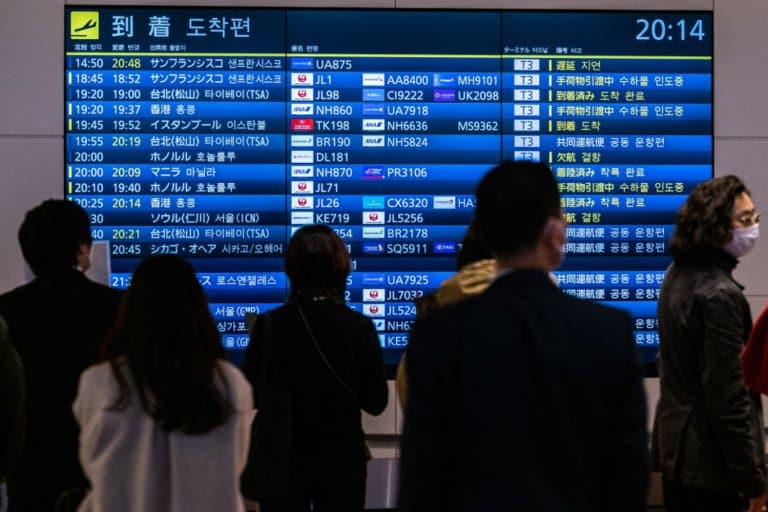
China is urging citizens who study abroad to return to their overseas campuses by this semester or the next, in what some analysts are calling part of Beijing’s strategy to repair relations with foreign governments.
“Countries like Australia, the UK, New Zealand, the US and Canada who receive a relatively high portion of Chinese students will appreciate the additional spending from students in the country,” said Mark Tanner, managing director of Shanghai-based marketing firm China Skinny, to Bloomberg.
“Where visas allow it, the extra students could provide extra labour for countries who are struggling to fill low-paying jobs … All in all, it will provide a positive in the relationships with these countries.”
The ban came with the end of temporary rules that let degrees earned online gain accreditation — required to find jobs in state companies, according to the statement by the government department responsible for handling international education.
Australian universities welcomed this snap decision, saying it’ll spur 40,000 Chinese students to return to Australia.
“We will be working closely with government and industry to ensure universities can quickly respond to this influx and facilitate the safe return of students from China as well as students from other nations,” Jackson said in a statement Sunday.
China finally re-opened their borders on Jan. 8, 2023 after three years of self-imposed isolation with “zero COVID” rules in place.
China Global Television Network (CGTN) reports that 387 passengers on board flights from Singapore and Canada’s Toronto were not subject to COVID-19 tests on arrival.
They did not have to undergo five days of quarantine at centralised government facilities as well.
For students travelling abroad, however, the sudden ban on online study is proving to be a logistical nightmare.
Leaving China requires them to purchase plane tickets and apply for visas and other paperwork.
It also means getting in line with overwhelming crowds seeking to travel after three years of pent-up demand.
“We are aware of the short-term logistical challenges and will be working with the Australian government on this,” said a University of Sydney spokesperson.

The majority of Chinese international students head to the US, UK and Australia. Photo: Wang Zhao/AFP
Chinese citizens ready to study abroad
China sent some 372,000 students to the US in the 2019-20 academic year, though the figure fell to 290,000 in 2021-22 amid the pandemic.
“While the number of Chinese students enrolled in US universities has declined, the number in the UK has continued to grow over the past three years,” Ren Lei, Executive Chief Editor of China Education Online told CGTN.
“As international travel resumes, the number of people studying overseas is expected to return to normal levels.”
As China further eases its borders, with the full lifting of quarantine for inbound travellers, Beijing is reportedly expecting to draw more international students to its universities.
Students all around the world are choosing China as a study destination in hopes of staying back to find work, while others are looking forward to be in a different country.
“I can finally look for normal work after I graduate and I will have bigger chances that I will be employed (in China),” Polish student Mateusz Jankowski told CGTN.
UK national Madeleine Daune shared her excitement with CGTN about being able to finally travel to China after a year:
“I really think I was dreaming … A whole year of my life I have been waiting in suspense about whether I will go to China, whether I will not. So it’s really exciting to come here.”










